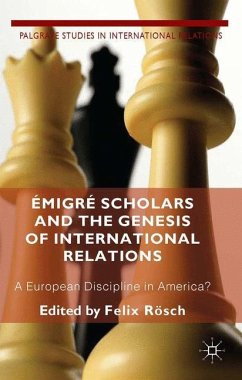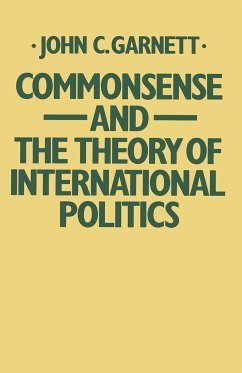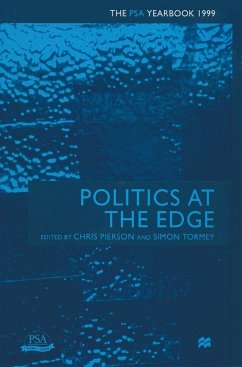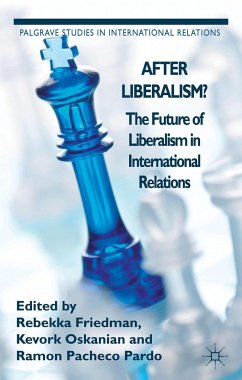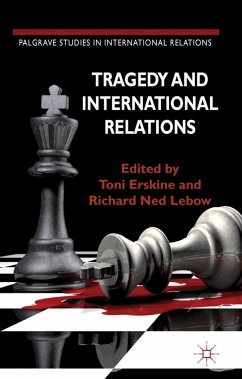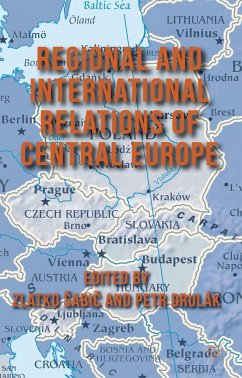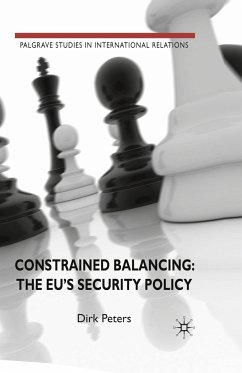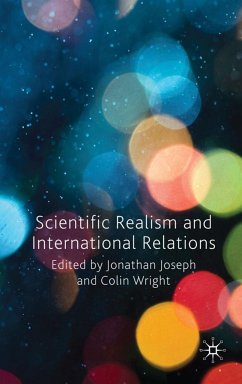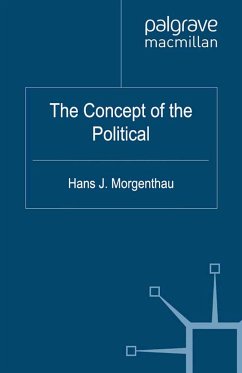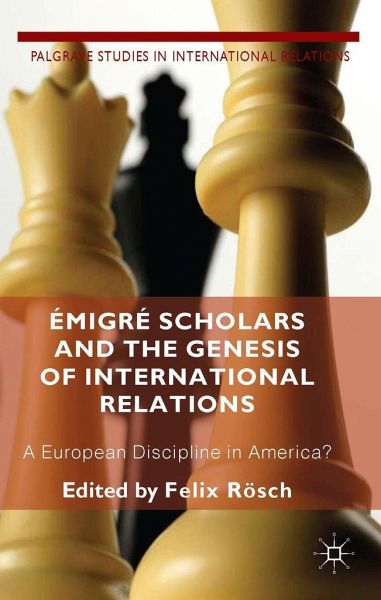
F. Roesch
Gebundenes Buch
Émigré Scholars and the Genesis of International Relations
A European Discipline in America?
Versandkostenfrei!
Versandfertig in 6-10 Tagen
Weitere Ausgaben:

PAYBACK Punkte
19 °P sammeln!





This is the first Anglophone volume on émigré scholars' influence on International Relations, uniquely exploring the intellectual development of IR as a discipline and providing a re-reading of some of its almost forgotten founding thinkers.
Hartmut Behr, Newcastle University, UK Peter Breiner, The University at Albany, State University of New York, USA Rainer Eisfeld, University of Osnabrück, Germany David Kettler, Bard College, New York, USA Helen M. Kinsella, University of Wisconsin-Madison, USA Xander Kirke, Newcastle University, UK Richard Ned Lebow, King's College London, UK Paul Petzschmann, Norwegian Institute for International Affairs, Norway William E. Scheuerman, Indiana University, USA Alfons Söllner, Chemnitz University of Technology, Germany Peter Stirk, Durham University, UK Ellen Thümmler, Chemnitz University of Technology, Germany Thomas Wheatland, Assumption College in Worcester, Massachusetts, USA
Produktdetails
- Palgrave Studies in International Relations
- Verlag: Palgrave Macmillan / Palgrave Macmillan UK / Springer Palgrave Macmillan
- Artikelnr. des Verlages: 978-1-137-33468-8
- 2014
- Seitenzahl: 246
- Erscheinungstermin: 16. Juli 2014
- Englisch
- Abmessung: 216mm x 140mm x 23mm
- Gewicht: 450g
- ISBN-13: 9781137334688
- ISBN-10: 1137334681
- Artikelnr.: 40577356
Herstellerkennzeichnung
Libri GmbH
Europaallee 1
36244 Bad Hersfeld
gpsr@libri.de
"We may wonder why, exactly, it has taken so long for the field of International Relations to not only notice but to properly and comprehensively analyze the overwhelming influence of émigré scholars upon the evolution of IR as a discipline. Yet even if you are not a big believer in fate, you will come away from this fascinating, historically-rich, and theoretically sophisticated volume inspired that the first-ever 'take' on this topic is one that does justice to the European impact on the 'American' field of International Relations. This volume traces, contextualizes, and then situates into the present day these connections in lively detail. Roesch has gathered together a forceful set of contributions, and contributors, for this volume
Mehr anzeigen
that complement one another perfectly in sequence, content, and argument. Scholars interested in the history, and historiography, of the IR 'discipline' in their research and in their courses now have a transformative and imperative work at-the-ready that reorients our understanding of no less than the entire history of the development of the 'American' IR field. Chapters in this volume delineate the influences that continue to shape our understanding of International Relations today from the conventional to critical, from mainstream to the dissident. Émigré Scholars breaks through the 'silence' on this topic not merely with an additional voice on the history of IR, but with a sonic boom."
- Brent J. Steele, University of Utah,USA
- Brent J. Steele, University of Utah,USA
Schließen
Für dieses Produkt wurde noch keine Bewertung abgegeben. Wir würden uns sehr freuen, wenn du die erste Bewertung schreibst!
Eine Bewertung schreiben
Eine Bewertung schreiben
Andere Kunden interessierten sich für




